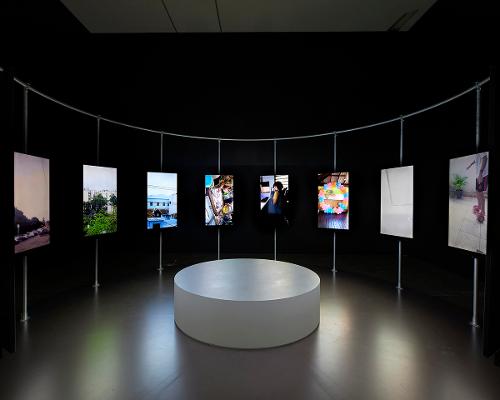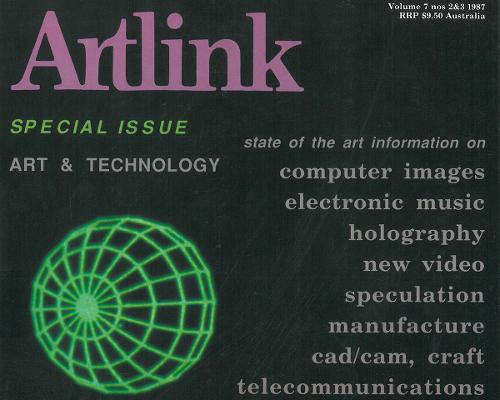The mind’s semblance
In The Economist recently, historian and philosopher Yuval Noah Harari claimed that ‘AI has hacked the operating system of human civilization.’ Highlighting the existential risk that artificial intelligence could possibly supersede the human mind and disrupt the order of human history, he proclaims: At first, AI will probably imitate the human prototypes that it was trained on in its infancy, but with each passing year AI culture will boldly go where no human has gone before. For millennia human beings have lived inside the dreams of other humans. In the coming decades we might find ourselves living inside the dreams of an alien intelligence.
Although Harari’s hypothesis reflects the complexity of our future with AI, throughout history technological innovations have raised concerns towards the new ‘other,’ whatever its form. So, in what way is this progression—or rather, regression—with ubiquitous AI different to any other tool humanity has previously crafted?












